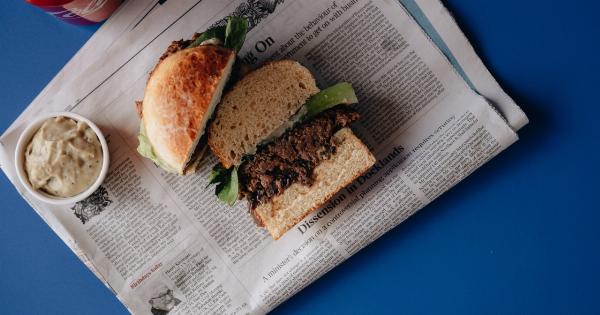In the quest for a healthy, long life, one of the key factors to consider is our calorie intake. Calories are units of energy that our bodies require to function properly.
However, the optimal number of calories for maintaining good health and longevity is a subject of debate among experts in the field. In this article, we will explore the various factors that influence our calorie needs and discuss what the research suggests regarding the optimal calorie intake for a healthy, long life.
The Importance of Calorie Intake
Calorie intake plays a vital role in maintaining a healthy weight and preventing various diseases. When we consume more calories than our bodies need, the excess is stored as fat, leading to weight gain.
On the other hand, if we consistently consume fewer calories than required, our bodies will start using stored fat for energy, leading to weight loss.
Factors Affecting Calorie Needs
The optimal calorie intake for a healthy, long life is influenced by several factors, including:.
1. Age
As we age, our metabolic rate tends to decrease, meaning we require fewer calories to sustain our bodily functions. Therefore, it’s essential to adjust our calorie intake accordingly as we get older.
2. Gender
Men generally have a higher muscle mass and metabolic rate than women. As a result, they may require more calories to maintain their weight and overall health.
3. Physical Activity Level
The amount of physical activity we engage in significantly impacts our calorie needs. Those who exercise regularly and engage in intense physical activities may require more calories to fuel their workouts and sustain their bodies.
4. Body Composition
Our body composition, specifically the ratio of muscle to fat, affects our metabolic rate. Muscles require more energy to maintain than fat, so individuals with higher muscle mass generally have a higher calorie requirement.
5. Basal Metabolic Rate (BMR)
BMR refers to the number of calories our body needs to maintain basic physiological functions while at rest. It is influenced by our age, gender, weight, and body composition. Calculating BMR can help determine a baseline for calorie intake.
6. Overall Health
Individuals with certain health conditions or undergoing medical treatments may have specific dietary requirements, potentially affecting their optimal calorie intake for maintaining good health.
Research on Calorie Restriction and Longevity
Scientists have been studying the potential link between calorie restriction and increased lifespan for many years.
Numerous studies conducted on different organisms, including worms, flies, and mice, have shown that reducing calorie intake without malnutrition can extend lifespan.
Calorie Intake Recommendations
The optimal calorie intake for a healthy, long life may vary depending on individual factors and goals.
However, general guidelines suggest that for adult women, a daily intake of 1,800 to 2,400 calories is suitable, while men may require 2,200 to 3,000 calories per day.
It’s important to note that these ranges are approximation and should be adjusted based on factors such as age, activity level, and specific health conditions.
The Role of Macronutrients
While calorie intake is important, the quality of the calories we consume is equally crucial for maintaining good health and longevity.
To optimize overall nutrition, it’s necessary to focus on the distribution of macronutrients – carbohydrates, proteins, and fats.
Conclusion
Ensuring an optimal calorie intake is an essential aspect of promoting a healthy, long life. However, determining the precise number of calories required is a complex process that depends on various individual factors.
Consulting with a healthcare professional or registered dietitian is advised to develop a personalized approach to calorie intake for the best long-term health outcomes.





























